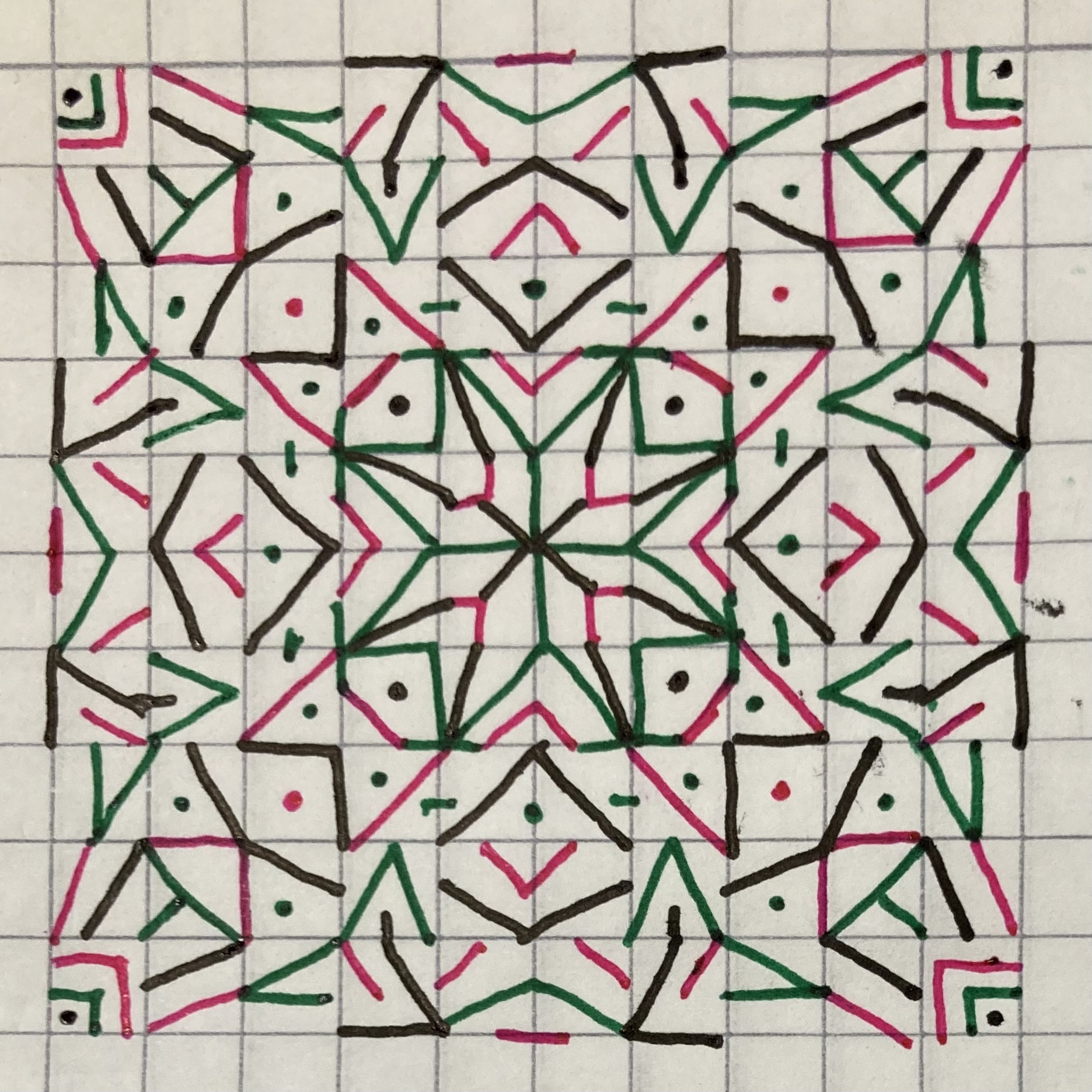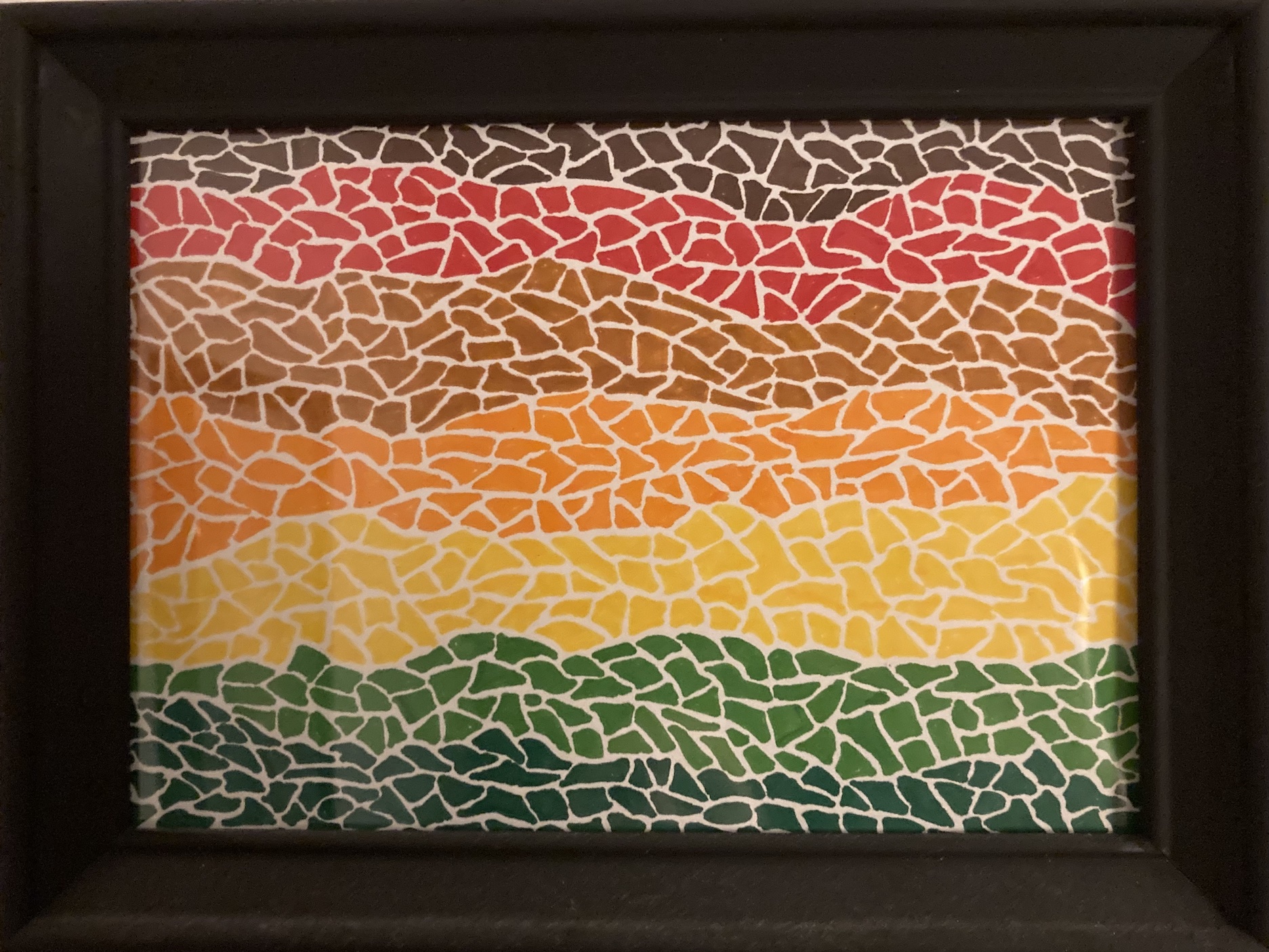probably autistic
a reflection on self-diagnosis
Over the past year or so, I’ve been coming to terms with a self-diagnosis of autism. It’s been a rather confusing journey, both because of an initially poor understanding of autism and because I learned to hide away so many of my autistic behaviors. But I’m feeling more at peace with it now, so thought I’d share parts of my experience.
misconceptions and ableism
For the first 35 or so years of my life, my main conceptions of autism were:
- as an insult (rampant ablism)
- its use as an excuse for older, white, male scientists acting inappropriately (harassment, or just general lack of care towards their community)
- growing up with a family friend who is on the part of the spectrum where she can’t verbally communicate very well nor take care of herself unassisted
And as an indepenent and socially competent cis-woman, these categories do not overlap with me.
Even as I unlearned some cultural ableism and read up on autism and neurodiversity, a lot of what I learned was not very me. I learned that autistic people are shy and introverted, bad at socializing, and often need to spasm or stim. A lot of this was pushing back against cultural stigma (essentially, that it’s totally fine to be/do these things, which it is) but it still didn’t speak to me.
At the same time, I was also learning a lot about late diagnosis ADHD. A large fraction of my partners (current + former) and friends have ADHD. I was having long talks with some of them about the biases in diagnosis along lines of gender and “ability to function.” For a few of them, the lens of ADHD opened up a whole new understanding of themselves - and some were helped quite a bit by meds.
autism for real
The catalyst for my current journey was that one of my metamours asked me if I was autistic. Without context, that sounds like it could be scolding or ableist. Instead, he first noted that we communicate well and he is autistic, so it might be something to consider. It almost sounded like he was asking if I’m a member of the cool club he’s in.
In the moment I said something like “probably not” but the next day I trawled the internet for more information on autism. It really clicked when I learned about the concept of masking combined with the gendered factors of diagnosis (this page really spoke to me).

I’m a cis woman, so my socialization and access to femininity meant that I was expected - both by others and myself - to learn social skills and mask classically autistic behaviors. For example, autistic people often have difficulty reading others or reading a room. I can do those things, but when I do them I am often hyper-aware of or super sensitive to the feelings of others, and it can be very draining. That is, it didn’t come naturally to me - I learned it at some point in my late teens or early 20’s.
In fact, classic diagnoses can be quite off-putting, because I’ve put a lot of work into social skills and so tend to treasure the ones I do have. But if I frame my life in terms of what is draining and what is soothing, what comes naturally and what I’ve trained myself to do, it becomes difficult to question that I’m autistic.
it me
As I keep reading, learning, and interacting with fellow autistic people, I see myself in so many different symptoms and co-diagnoses. Generalized anxiety and chronic depression are classic ones that I can start with, though those happen to plenty of people. Heightened sensitivity is also a strong one - I have difficulty with loud noises, bright lights, and the textures of many different foods. Change and uncertainty are also things I need a lot of energy to deal with.
I also have face-blindness (propagnosia). I can distinguish faces and their expressions when I see them, but I have no memory for faces and can never recognize people from a photograph. Well, never is strong, because I can and do cope by leveraging hair, clothing, context, voice, height, and body langage. It’s not a classsic autism symptom, but 40% of people with propagnosia also have autism. Those who do often have difficulty reading facial expressions - I actually have no idea if I do. My masking and coping mechanisms are so deeply ingrained I often don’t know they are there.

I’ve also come to understand things like stimming, and the role it plays in my life. Stimming is a term for self-soothing repetitive behavior that some autistic people perform. A classic one is arm flapping. I’m unsure how involuntary it is for the avarage autistic person, but as a child I trained myself to suppress or channel the urges. I’ve come to recognize that it is indeed a strong urge I experience in certain situations, and when I’m with others I often channel it into repetitive drawing (the two pictures in this post are examples).
finding the mask
Over the past year, autism has been like a puzzle for me to solve. Due to the cultural influence of ableism and the driving need to fit in and be loved, I’ve essentially spent over three decades trying to not be autistic. It’s been exhausting, but accepting my unmasked self is difficult. My mask has allowed me to integrate into society in ways my autistic self may not have been able to, and it’s not clear to me what parts of it I still need, and when.
There’s a part of me that’s anxious and scared that my mask is what people like about me, while what’s inside is unacceptable - that part is incorrect. On the other hand, I’m not convinced that I’d be better off completely unmasking. Some parts of my mask are learned behaviors that help me care for and interact with my fellow humans. But wearing it as much as I do has burned me out, and I need to figure out the right way forward for me.
In fact, more actively using the lens of autism to look at my mental health is my new year’s resolution this year - I wrote more about that here.
Posts with similar tags: